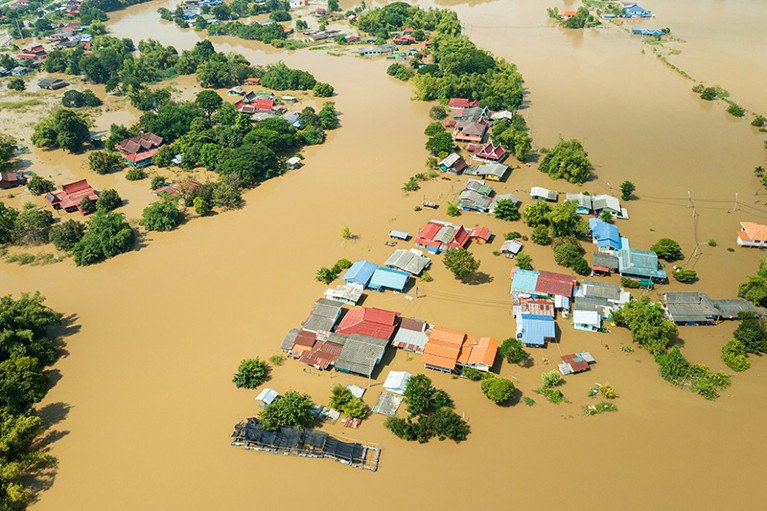The recent World Bank report titled “Choosing Our Future: Education for Climate Action” sheds light on a pressing global issue: the impact of climate change on education. With over 404 million students globally unable to attend school due to climate-related disruptions between January 2022 and June 2024, the World Bank has urged governments to take immediate action to prevent further disruptions. Floods, storms, and heatwaves have forced 81 countries, including Nigeria, to temporarily shut down schools. In Nigeria, floods have displaced millions, especially in states like Borno, where Maiduguri recently experienced devastating flooding due to the overflow of the Alau Dam.
This raises an important question: could Nigerian and other African governments use this crisis as a basis to request additional loans from international financial institutions like the World Bank? The scale of the disaster and the pressing need for rebuilding critical infrastructure, such as schools, housing, and flood defenses, could provide a rationale for seeking more funds.
Key Questions:
- Will Nigerian and African leaders seize this as an opportunity for loan requests? The humanitarian and developmental needs in Nigeria and other African nations affected by flooding are immense. Governments might view this as an opportunity to ask for more loans to rebuild schools, homes, and other infrastructure destroyed by climate disasters. But should these funds come from loans, given the already high debt burden in many African countries?
- Is borrowing more sustainable in the long run? Countries like Nigeria are already grappling with significant foreign debt. According to the Nigerian Debt Management Office, as of June 2024, Nigeria’s public debt stands at around $112 billion, with debt servicing accounting for a substantial portion of national expenditure. Is it prudent to take on more debt for climate-related rebuilding, or should there be a stronger push for grants or donations from international bodies?
- Could climate-related loans potentially trap African nations in debt? While loans may be necessary to address immediate crises, there’s a risk that countries could fall into a debt trap. The growing threat of climate change is likely to persist, meaning recurrent funding will be needed. Could more sustainable options, such as climate resilience funds, or stronger international cooperation on grants, be the answer?
- How can African leaders negotiate for more favorable terms? Given that climate change is a global issue, should African leaders demand that international loans for climate-related rebuilding come with low or zero interest rates? Could they advocate for debt forgiveness or restructuring to ensure that loans do not lead to further financial instability?
- Should private-sector partnerships be explored instead? Beyond loans, could African governments explore public-private partnerships (PPPs) to address infrastructure rebuilding? Could there be incentives for international corporations to invest in resilient infrastructure, such as flood-resistant schools or homes, through development projects?
- What role does climate action play in education? The World Bank’s report emphasized that education can drive climate action. How can educational systems in Nigeria and other African countries adapt to include climate change in their curricula, equipping the next generation with the knowledge and skills to tackle environmental challenges?









